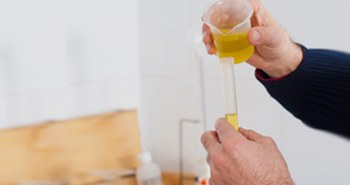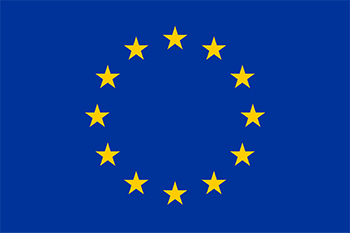Homepage

Better solutions to protect olive oil quality and authenticity
The overall objective of OLEUM is to better guarantee olive oil quality and authenticity by empowering detection and fostering prevention of olive oil fraud.


The overall objective of OLEUM is to better guarantee olive oil quality and authenticity by empowering detection and fostering prevention of olive oil fraud.
